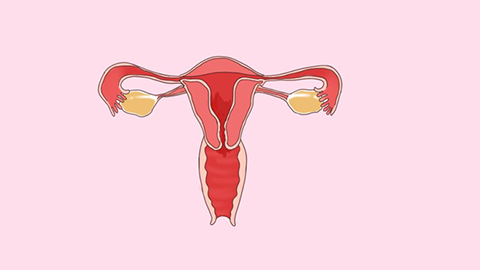Why does functional uterine bleeding recur?
Under normal circumstances, recurrent functional uterine bleeding may be caused by excessive mental stress, irregular sleep patterns, luteal phase deficiency, endometrial polyps, adenomyosis, and other factors. If discomfort symptoms occur, it is recommended to seek timely medical evaluation and treatment at a qualified hospital. Detailed analysis is as follows:

1. Excessive Mental Stress
Prolonged anxiety and negative emotions can affect the function of the hypothalamic-pituitary-ovarian axis, leading to hormonal imbalances and recurrent bleeding. Learning to regulate emotions and relieve stress through exercise, listening to music, and other methods can help maintain emotional stability.
2. Irregular Sleep Patterns
Staying up late and irregular作息 disrupts endocrine balance, causing ovarian dysfunction and recurrent bleeding. It is important to develop regular sleep habits, ensure adequate rest, avoid staying up late, and reasonably schedule work and rest periods.
3. Luteal Phase Deficiency
Insufficient progesterone secretion by the corpus luteum prevents the endometrium from shedding completely and promptly, resulting in prolonged or recurrent bleeding. Medications such as dydrogesterone tablets, progesterone capsules, or medroxyprogesterone acetate tablets may be prescribed under a doctor’s guidance.
4. Endometrial Polyps
Polyps increase the surface area of the endometrium and impair uterine contractions, leading to recurrent bleeding, often accompanied by increased menstrual flow. Under medical supervision, medications such as levonorgestrel enteric-coated tablets, drospirenone ethinyl estradiol tablets, or desogestrel-ethinyl estradiol tablets may be used. If medication is ineffective, hysteroscopic removal of endometrial polyps may be performed.
5. Adenomyosis
This condition involves invasion of endometrial glands and stroma into the myometrium, impairing uterine contractions and causing recurrent bleeding, often with worsening dysmenorrhea. Under medical guidance, medications such as gestrinone capsules, danazol capsules, or ibuprofen sustained-release capsules may be used. In severe cases, laparoscopic excision of adenomyotic lesions may be considered.
In daily life, it is important to maintain emotional stability and avoid excessive mental stress; adhere to a regular sleep schedule and ensure sufficient sleep; practice good menstrual hygiene to prevent infection; maintain a balanced diet with proper nutrition; and undergo regular gynecological check-ups for early detection and treatment.




